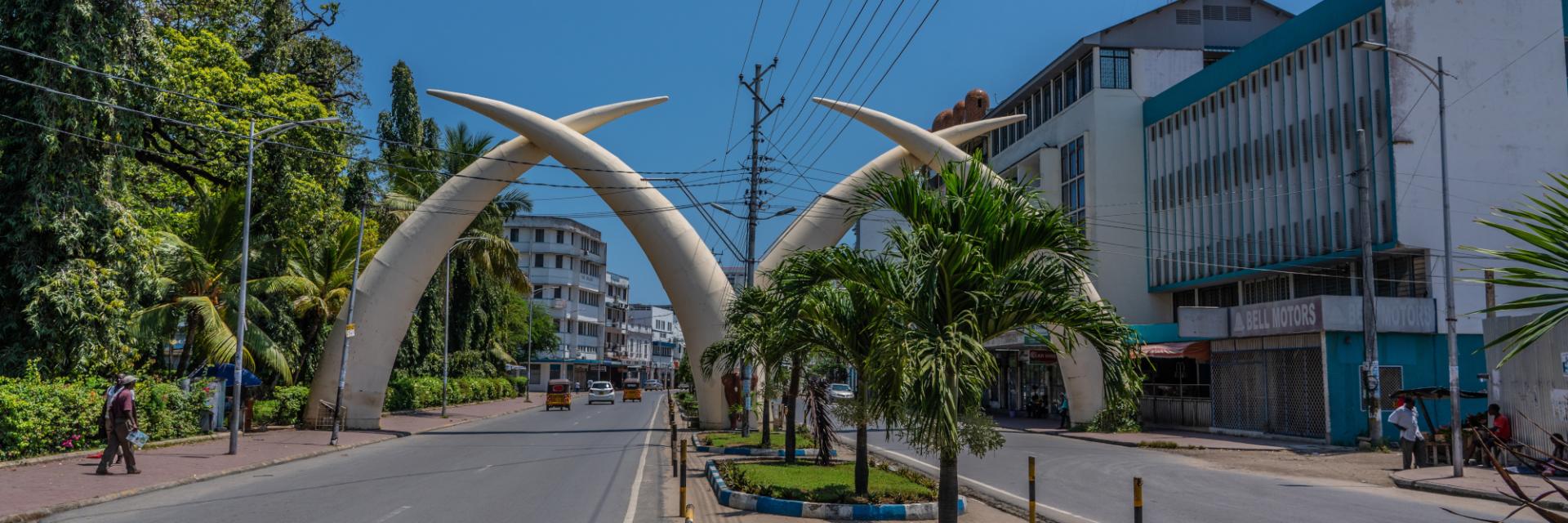
By Baboloki Semele: In a concerted effort to expedite the ratification of the African Union’s (AU) Free Movement of Persons Protocol, a diverse group of stakeholders—including government officials, migration experts, diaspora representatives, private sector actors, civil society members, and youth leaders—convened in Mombasa from March 26 to 27, 2025. This pivotal meeting, jointly organized by the United Nations Economic Commission for Africa (ECA) and the African Union Commission (AUC), focused on reviewing and validating a report titled “Enhancing Free Movement of Persons and Pathways for Labour Mobility and Skills Portability in Ghana, Kenya, and Zambia.”
The initiative is part of a broader endeavor to reshape the narrative surrounding migration in Africa and dismantle existing barriers to mobility, with financial backing from the Government of Italy. Francis Ikome, Chief of the Regional Integration Section at ECA, underscored the significance of this effort, stating, “This report stems from a joint ECA-AUC effort launched in 2023 to challenge the dominant crisis-driven narrative around African migration. Globally, migration is often viewed as a problem. But within Africa, it is a driver of opportunity.”
Despite the protocol’s adoption in January 2018, progress toward its ratification has been sluggish. As of February 2025, only four countries—Rwanda, Niger, Mali, and São Tomé and Príncipe—have ratified the protocol, falling short of the 15 ratifications required for it to come into force. This slow pace has raised concerns about the development of human capacity and the mobility of skills essential for inclusive growth and development across the continent.
Rita Amukhobu, Head of Humanitarian Affairs at the AUC, emphasized the importance of regional blocs in advancing the free movement agenda. She highlighted that lessons from regional communities are informing the AU’s work and expressed reliance on countries like Ghana, Kenya, and Zambia to lead by example. Ms. Amukhobu reiterated the AUC’s commitment to collaborating with member states and the ECA to achieve the protocol’s ratification.
The workshop coincided with significant developments in participating countries: Ghana’s rollout of visa-free entry for all African nationals, Kenya’s implementation of a new e-Travel Authorization (ETA) system, and Zambia’s expansion of visa liberalization measures. All three nations have signed the African Continental Free Trade Area (AfCFTA) agreement and are working to harmonize trade and mobility frameworks.
The report reviewed in Mombasa offers detailed policy recommendations, including aligning legal frameworks, enhancing data systems, strengthening institutions, and facilitating skills recognition. It underscores the necessity of harmonizing trade and migration policies to ensure that Africa’s integration is people-centered. As Gideon Rutaremwa of the ECA articulated, “This isn’t just about ratifying a protocol. It’s about building the kind of Africa where movement empowers development, where mobility becomes a bridge, not a barrier.”
The gathering in Mombasa represents a significant step toward realizing the vision of unrestricted movement across the continent, fostering economic growth, and promoting unity among African nations.
